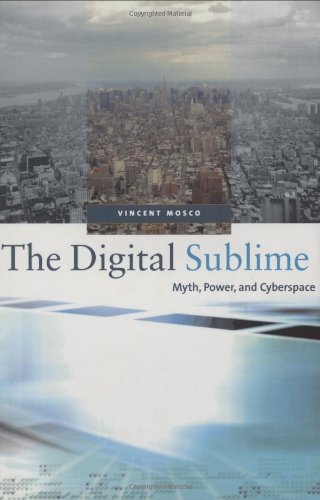mit press ma april 2004 (2 results)
FeedbackSearch filters
Product Type
- All Product Types
- Books (2)
- Magazines & Periodicals (No further results match this refinement)
- Comics (No further results match this refinement)
- Sheet Music (No further results match this refinement)
- Art, Prints & Posters (No further results match this refinement)
- Photographs (No further results match this refinement)
- Maps (No further results match this refinement)
- Manuscripts & Paper Collectibles (No further results match this refinement)
Condition Learn more
- New (No further results match this refinement)
- As New, Fine or Near Fine (No further results match this refinement)
- Very Good or Good (2)
- Fair or Poor (No further results match this refinement)
- As Described (No further results match this refinement)
Binding
Collectible Attributes
- First Edition (No further results match this refinement)
- Signed (No further results match this refinement)
- Dust Jacket (No further results match this refinement)
- Seller-Supplied Images (No further results match this refinement)
- Not Print on Demand (2)
Language (1)
Price
- Any Price
- Under US$ 25
- US$ 25 to US$ 50
- Over US$ 50 (No further results match this refinement)
Free Shipping
- Free Shipping to U.S.A. (No further results match this refinement)
Seller Location
Seller Rating
-
Visual Agnosia
Published by MIT Press (MA) April 2004, 2004
ISBN 10: 0262562030 ISBN 13: 9780262562034
Language: English
Seller: Burke's Book Store, Memphis, TN, U.S.A.
Trade Paperback. Condition: Very Good. Tight, clean. Illus.
-
Digital Sublime: Myth, Power, and Cyberspace
Published by MIT Press (MA) April 2004, 2004
ISBN 10: 026213439X ISBN 13: 9780262134392
Language: English
Seller: Hennessey + Ingalls, Los Angeles, CA, U.S.A.
Hardcover. Condition: Used - Very Good. The digital era promises, as did many other technological developmentsbefore it, the transformation of society: with the computer, we can transcend time, space, and politics-as-usual. In The Digital Sublime, Vincent Mosco goes beyond theusual stories of technological breakthrough and economic meltdown to explore themyths constructed around the new digital technology and why we feel compelled tobelieve in them. He tells us that what kept enthusiastic investors in the dotcom erabidding up stocks even after the crash had begun was not willful ignorance of thelaws of economics but belief in the myth that cyberspace was opening up a newworld.Myths are not just falsehoods that can be disproved, Mosco points out, butstories that lift us out of the banality of everyday life into the possibility ofthe sublime. He argues that if we take what we know about cyberspace and situate itwithin what we know about culture -- specifically the central post-Cold War myths ofthe end of history, geography, and politics -- we will add to our knowledge aboutthe digital world; we need to see it 'with both eyes' -- that is, to understand itboth culturally and materially.After examining the myths of cyberspace and goingback in history to look at the similar mythic pronouncements prompted by pasttechnological advances -- the telephone, the radio, and television, among others --Mosco takes us to Ground Zero. In the final chapter he considers the twin towers ofthe World Trade Center -- our icons of communication, information, and trade -- andtheir part in the politics, economics, and myths of cyberspace. Interpreting the myths of the digital age: why webelieved in the power of cyberspace to open up a new world.



